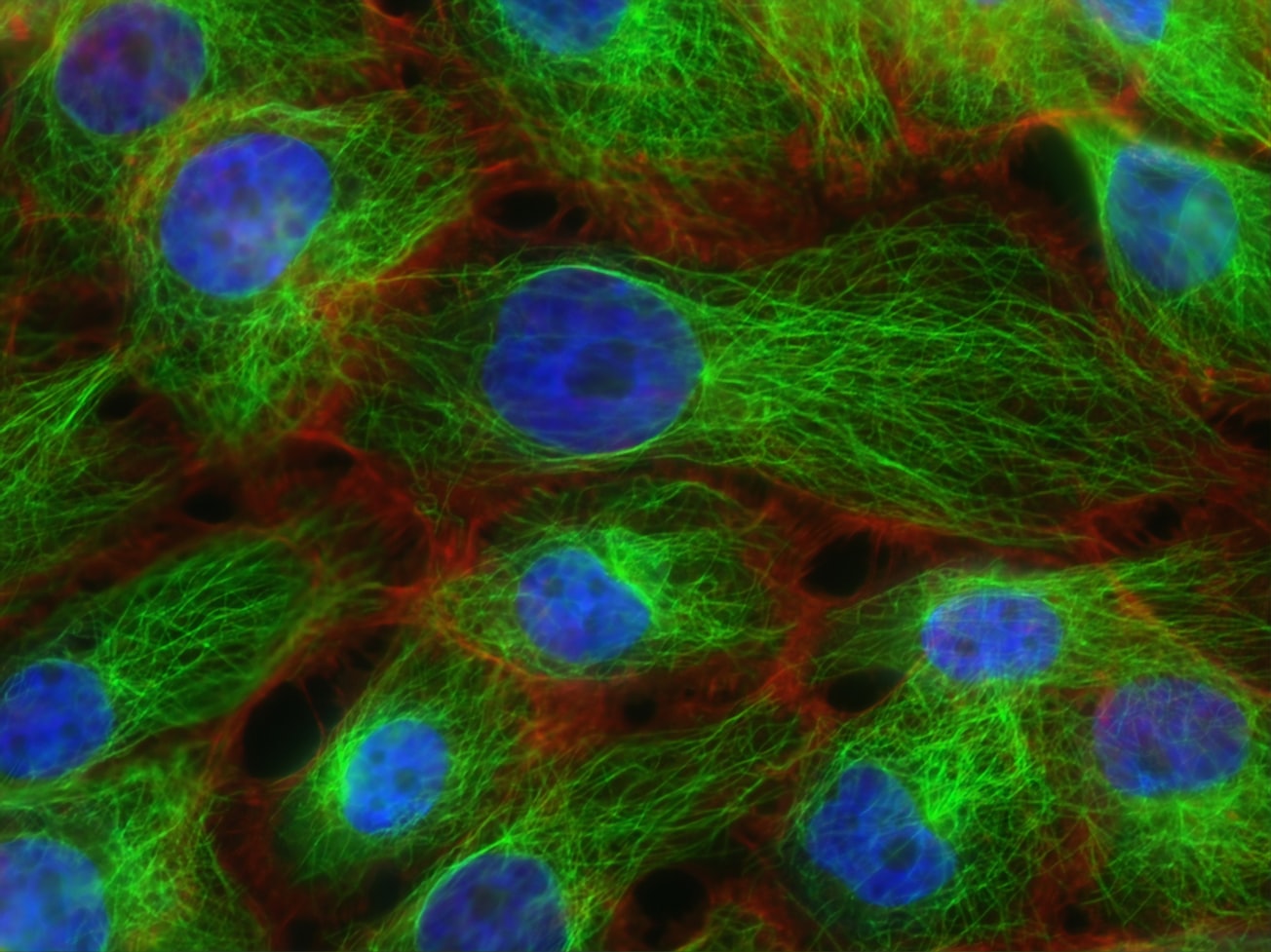What is it about?
For the first time a theoretical study of the C·C* ↔ C*·C tautomerisation of the biologically important cytosine·cytosine* (C·C*) DNA mismatch via the asynchronous concerted double proton transfer (DPT) along two intermolecular N4H⋯N4 and N3H⋯N3 H-bonds into the C*·C mispair has been provided. It was shown that the C·C* ↔ C*·C tautomerisation via the DPT is assisted by the attractive O2⋯O2 van der Waals contact, that in contrast to two others N4H⋯N4 and N3H⋯N3 H-bonds exists along the entire intrinsic reaction coordinate (IRC) range.
Featured Image

Photo by National Cancer Institute on Unsplash
Why is it important?
Presented research enables to establish in details the physico-chemical mechanism of the tautomerisation of the C·C* DNA mispair through the double proton transfer along the intermolecular H-bonds followed by the rearrangement of the intermolecular specific contacts - antiparallel N4H⋯N4 (6.66 kcal mol−1), N3H⋯N3 (6.47 kcal mol−1) H-bonds and attractive O2⋯O2 van der Waals (vdW) contact (0.33 kcal mol−1).
Perspectives

This study shed light on the DPT tautomerisation in the unusual DNA base mispairs.
Ol'ha Brovarets'
Institute of Molecular Biology and Genetics, National Academy of Sciences of Ukraine
Read the Original
This page is a summary of: Atomistic nature of the DPT tautomerisation of the biologically important C·C* DNA base mispair containing amino and imino tautomers of cytosine: a QM and QTAIM approach, Physical Chemistry Chemical Physics, January 2013, Royal Society of Chemistry,
DOI: 10.1039/c3cp52644e.
You can read the full text:
Resources
Contributors
The following have contributed to this page








